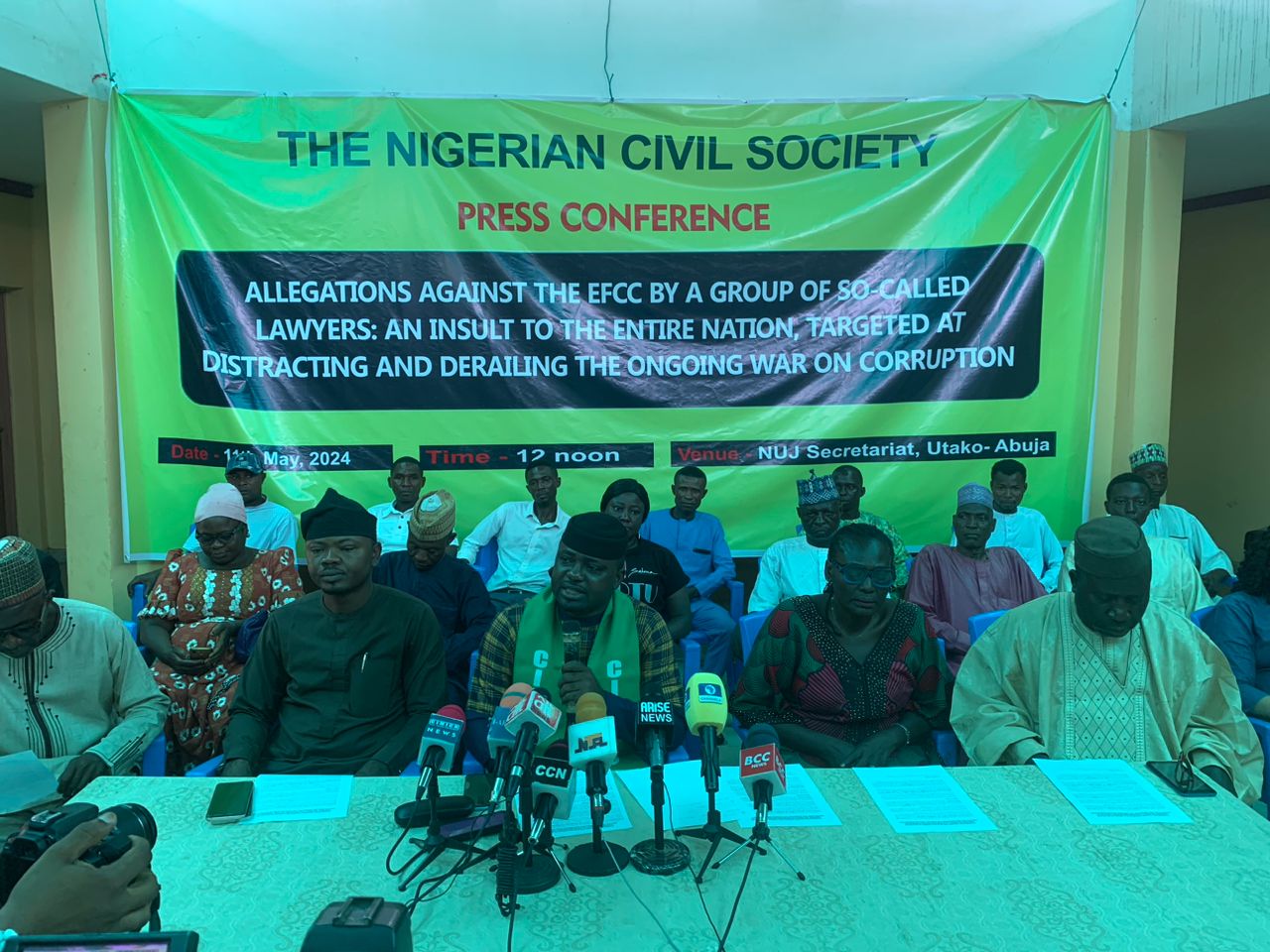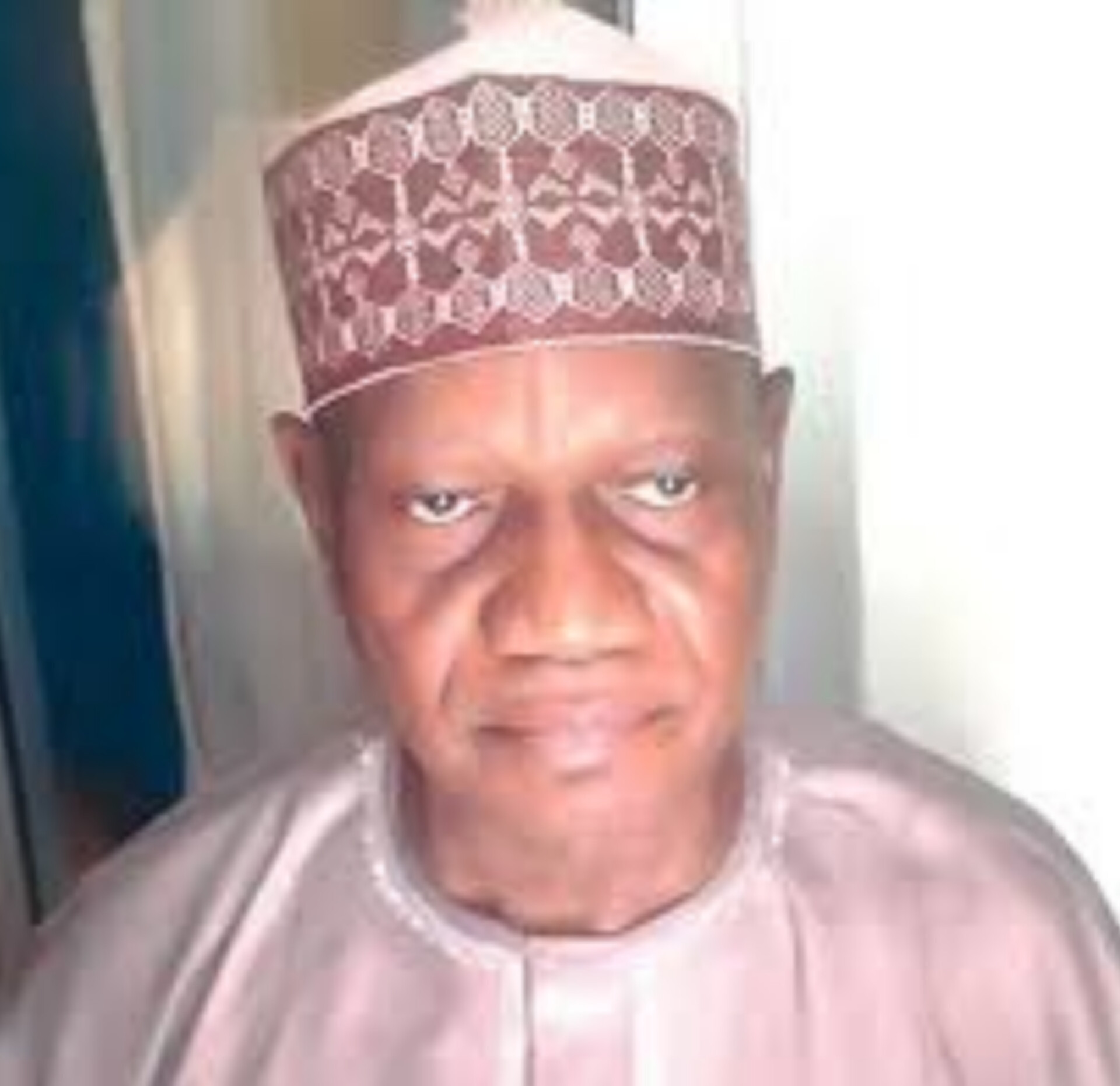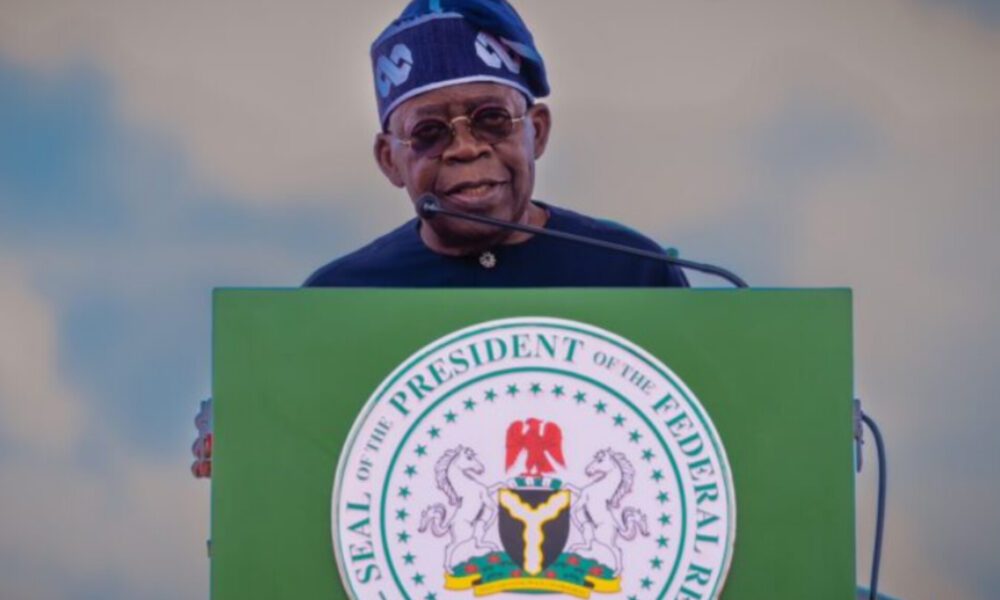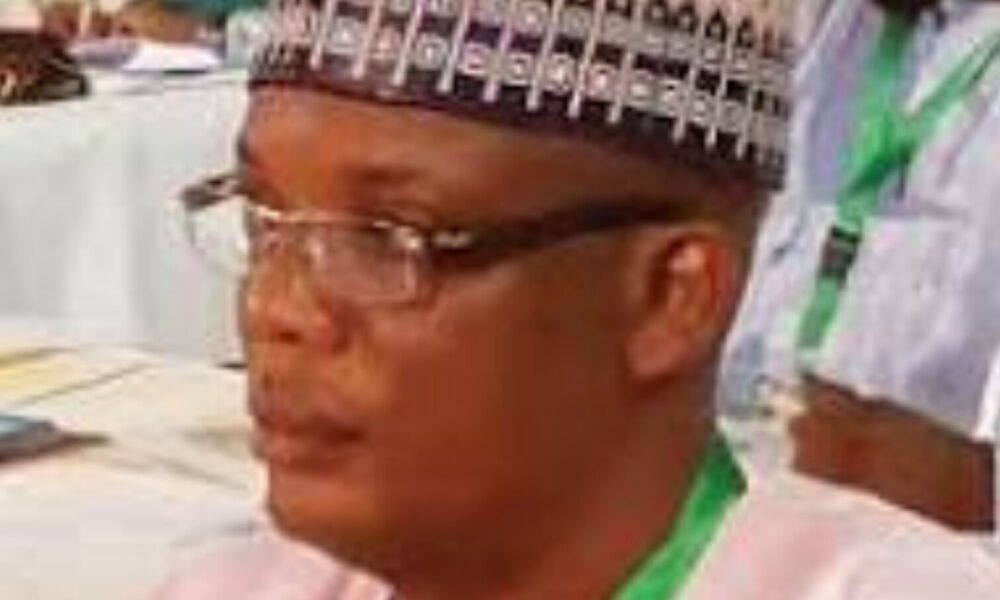***describe them as jobless detractors, paid hecklers, defenders of Injustice
Lawyers who dragged the Chairman of the Economic and Financial Crimes Commission (EFCC), Olanipekun Olukoyede to the United Nations, United Kingdom and other international nations have been called out by 30 civil society groups
The lawyers had on Friday accused the EFCC boss of flagrantly disregarding valid court orders and breaching the constitutional rights of Nigerians.

At a press conference on Saturday, the Convener of the 30 Civil Societies and Chairman of Conference of Civil Society of Nigeria, Mr. Adams Otakwu, indicated that the allegation against the EFCC by the lawyers is a slap on the entire nation, aimed at distracting and derailing the ongoing war on corruption.
The Nigerian Civil Societies denounced the lawyers’ unfounded claims and “dismissed the group as jobless detractors, paid hecklers and defenders of Injustice unknown to the civil society.
“The assertions put forth by these lawyers, accusing the EFCC of flouting court orders and infringing upon the constitutional rights of Nigerian citizens, are not only devoid of merit but are also symptomatic of a deliberate attempt to impede the ongoing efforts of the EFCC to combat corruption and promote accountability within our nation.
“It is imperative to underscore that actions undertaken by Mr. Olukoyede are not personal endeavors but are emblematic of the steadfast commitment of the EFCC as an institution of the Nigerian people to uphold the rule of law and foster transparency in governance. Any insinuation to the contrary is not only fallacious but also an affront to the integrity of the EFCC and the Nigerian People.
“Furthermore, we categorically reject the insinuation that these self-proclaimed defenders of justice are acting in the interest of the Nigerian populace. On the contrary, it is evident that they are driven by ulterior motives, perhaps influenced by vested interests seeking to undermine the progress achieved by the EFCC and the watchful Civil Society of Nigeria in the last six months.”
The groups urged President Bola Ahmed Tinubu, the United Nations High Commission for Human Rights, the United Kingdom, the United States and the European Union not to listen to the so call lawyers.
“It is ludicrous to suggest that President Bola Ahmed Tinubu of Nigeria, the United Nations High Commission for Human Rights, the United Kingdom, the United States, and the European Union should entertain the baseless demands of these individuals. Such propositions are not only preposterous but also reflective of a desperate attempt to garner attention through sensationalism and misinformation.
“We call on the international community to disregard these frivolous allegations and instead lend unwavering support to the EFCC and the Nigerian State in the noble pursuit of combating corruption and promoting good governance.
“The EFCC has made significant strides in the fight against corruption in the last six months, and the Nigerian Civil Society remains confident in the ability of the EFCC to steer our nation towards a future free from the scourge of corruption,” the groups said.




